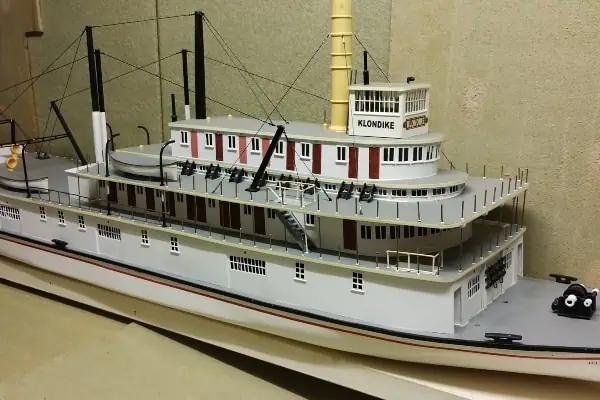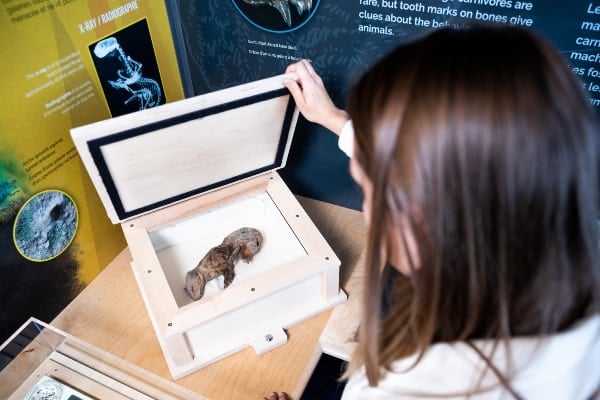“The story is ridiculous – ludicrous.” That’s director John McTiernan blithely dismissing the plot of one of the most successful thrillers of the past 30 years. Reservations about the plot aside, McTiernan had something particular in mind for this movie: it should be a joyful thrill ride. The result was Die Hard, and it’s a love story – a product of the love McTiernan and a cadre of Hollywood professionals had for the craft of filmmaking.
Released in 1988 and available on DVD at Whitehorse Public Library, Die Hard still lands on compilations of best Christmas movies.
New York cop John McClane (Bruce Willis) flies to Los Angeles to spend Christmas with his children and his estranged wife, Holly (Bonnie Bedelia) whose trajectory upwards in the corporate world collided with McClane’s male ego. From the limo sent by Holly’s boss, the skyscraper she works in looms into McClane’s view, as intimidating as his liberated wife. Inside the company is hosting a Christmas party (on Christmas Eve, for some reason), but the couple is preoccupied in Holly’s office. Then Hans Gruber (Alan Rickman in his first film role) walks off the elevator and sets the action in this action thriller in motion.
Gruber is a sharp-dressed European who has crafted a failsafe heist. He says he’s a terrorist, but actually he’s an upscale burglar, intent on absconding with a fortune from the Japanese corporation.
The partygoers are taken hostage, including Holly. But the first cuckoo in Gruber’s meticulously-planned coup is that McClane showed up, and he’s still at large in the office tower. Soon enough Gruber gets a message via a body in the elevator: “Now I have a machine gun.” “Ho ho ho” the unflappable Gruber reads, and the deadly game is on.
Part of the joy in watching Die Hard is that there’s not a wasted moment – every seemingly insignificant detail matters to how the plot unfolds. The same goes for McClane; wearing no shirt, no shoes, and armed only with a giant car phone, he manages to improvise his way to a final showdown with Gruber. As McTiernan so carefully planned, it’s non-stop fun.
Who knew there was a golden age of DVD commentary? Well, there was, and the extras on Die Hard are proof. McTiernan joins with production designer who tell you how Frank Lloyd Wright, A Midsummer Night’s Dream and the archetypes of the American western figured into this movie.
There’s also another feature that adds text to the screen, where other crew members and Alan Rickman add to the conversation. A film historian adds more context, noting, for instance, that as fresh as Willis’ smirk, quips, and vulnerability seemed after the implacable figures of John Wayne and Clint Eastwood, he’s still the classic loner hero, saving a town that doesn’t really want him there.
All of them agree that Die Hard was a fortunate instance where skills, timing, passion and luck combined at just the right moment, to produce the prototype for action thrillers for years to come.




